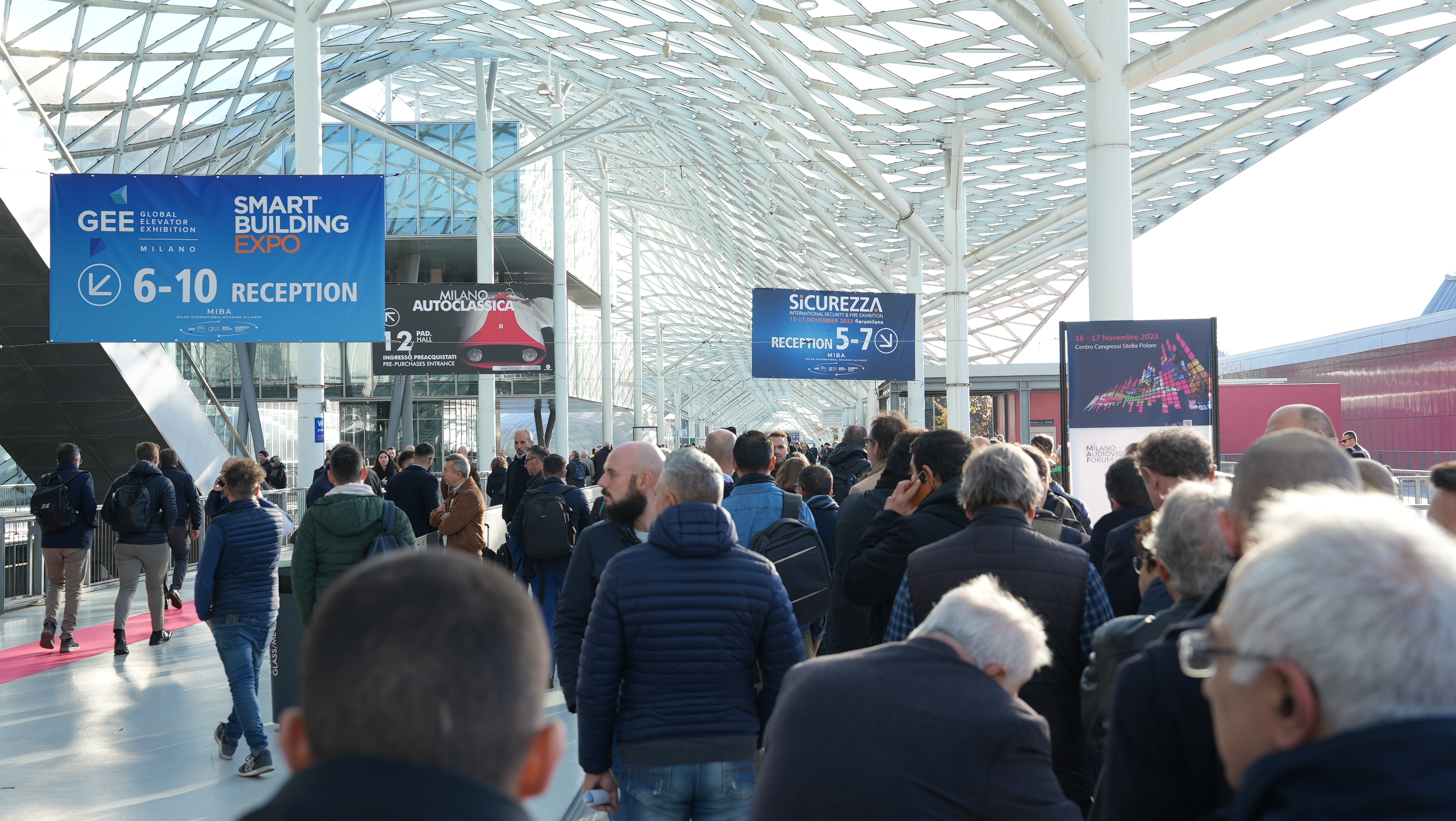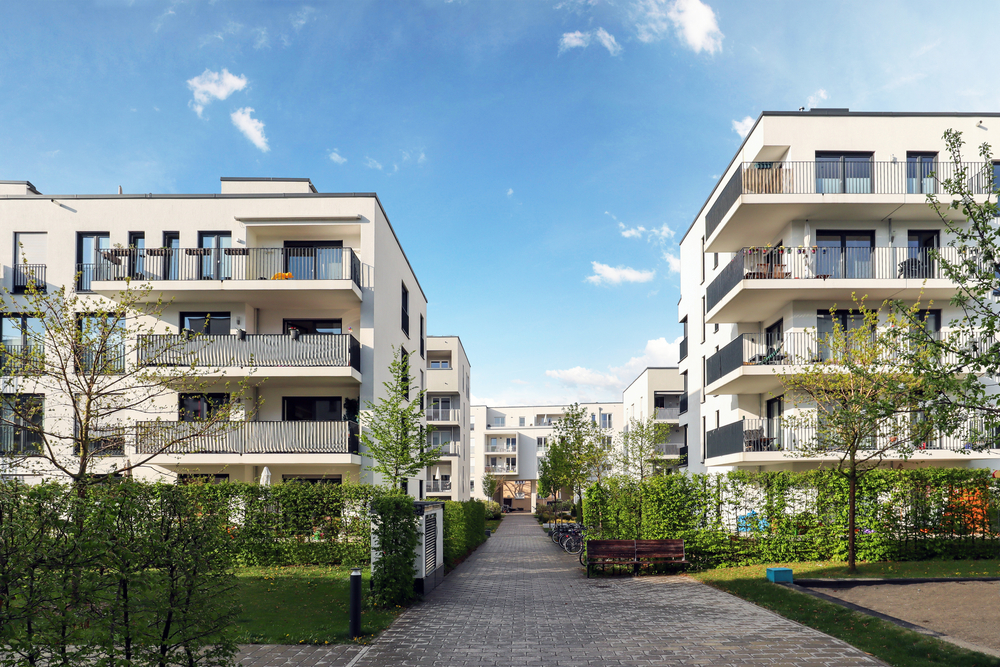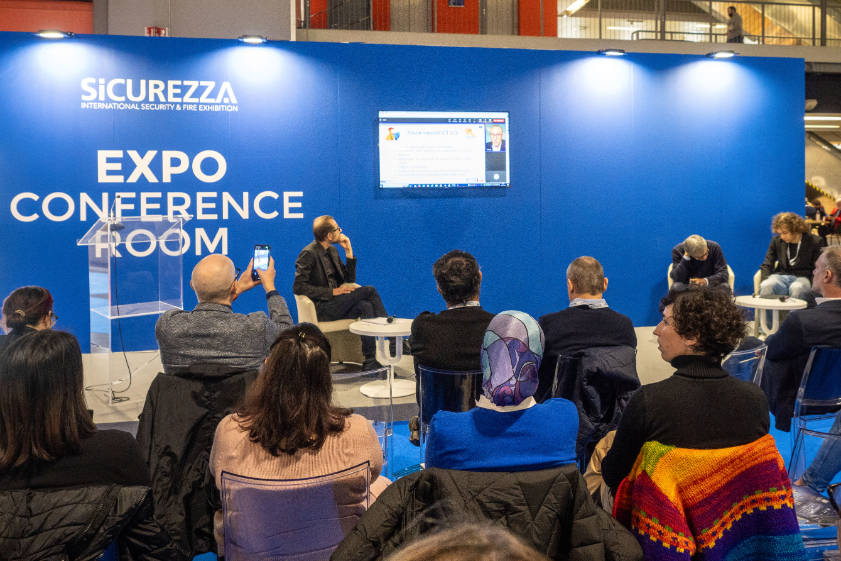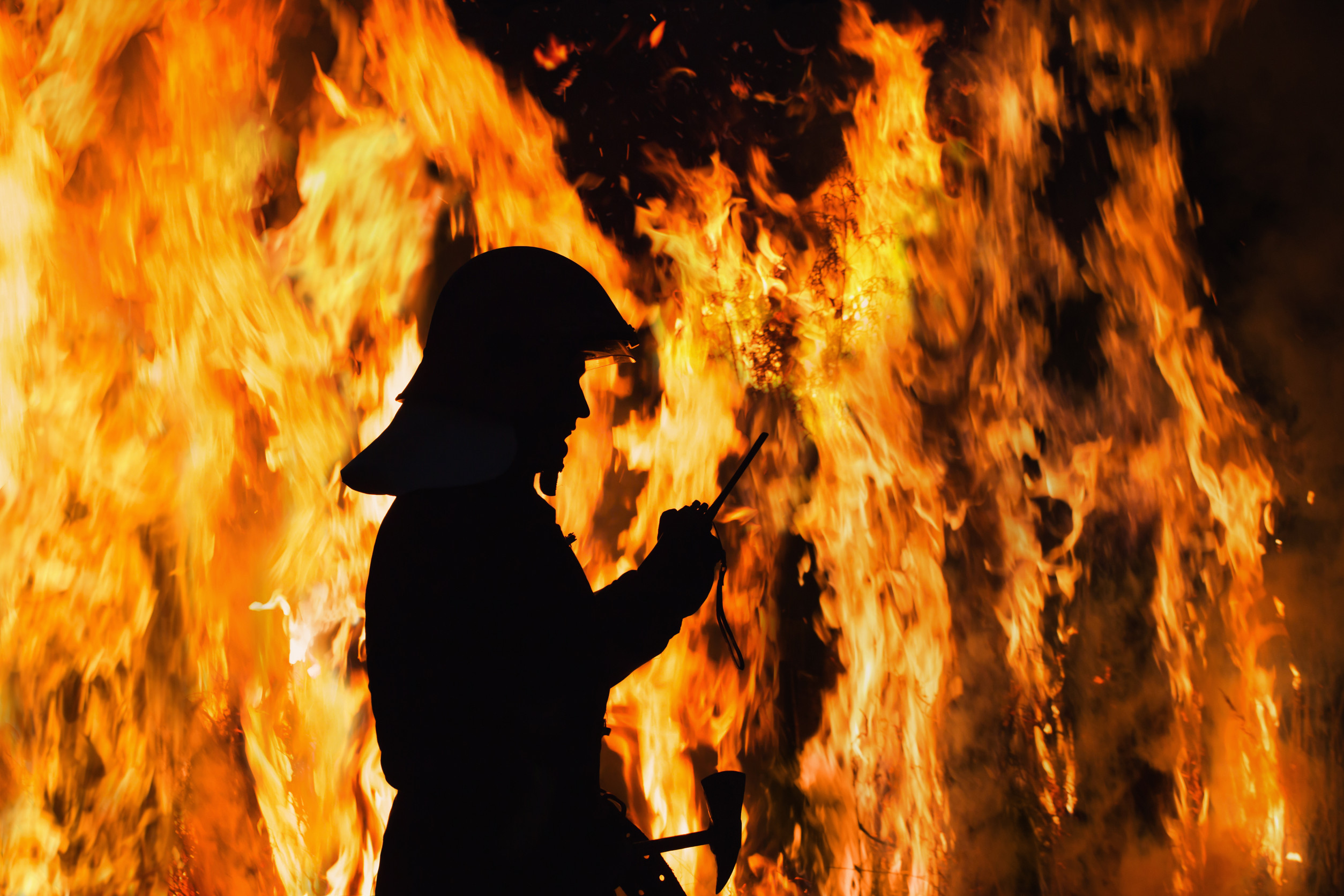Also the world of private security is changing and requires professionals with decision-making autonomy, the ability to take on more responsibility, and a combination of normative, technical and IT skills. In short, an articulated set of knowledge and experience, which requires constant commitment to updating and training.
How has the demand in the private security sector changed and what are the main characteristics that professionals must possess in order to meet the current needs of the sector? Which competences and skills are considered crucial?
We talked about this with Maria Cristina Urbano, President of ASSIV, and Antonello Villa, Vice President of ConFedersicurezza e Servizi.
According to Maria Cristina Urbano: ”Today private security can no longer offer simple surveillance figures, but resources with a particularly high level of professionalism [...], whose task is to manage risk situations, both real and potential, in all the contexts in which they are called upon to operate: companies, public offices, private property, but also places that are open to the public and characterised by large flows of people or specific security needs; as well as urban contexts, where in recent years the concept of citizen security has undergone profound changes.”
Urbano emphasized how the introduction of an articulated professionalism, which needs to be capable of responding promptly to the ever-increasing demands of security, is now irreversible and necessary. In order to raise the general level of 'security culture', a more incisive use of the figure of the security manager, which is currently mandatory only for Private Security firms, would certainly be appropriate. “Even though it is not yet particularly common, some complex organizations are equipping themselves with such a figure. A few weeks ago, Friuli Venezia-Giulia decided to set up a specific professional profile for critical regional infrastructures with the task of managing 'all risks of a malicious and/or criminal, culpable or accidental nature' concerning a given area. We are talking of computer technicians with the skills to manage the operational centres of private security companies, which increasingly resemble NASA bases; and also of special security guards who benefit from continuous professional training, are capable of autonomously managing low and medium risk situations, and who, also thanks to the recent contract renewal, can have satisfactory economic returns.”
Antonello Villa, Vice President of ConFedersicurezza e Servizi, Vice President of CoESS and President of the Monitoring and Remote Surveillance Committee, claimed that we need to integrate human skills and technology: “Technology – he said – is a key component of a proper security strategy, but it can’t be enough. A balanced mix of professional security services and technology is needed for effective asset protection.” He also added a consideration regarding professionalism in the sector, which today is much more complex and empowered to the point that it can aspire, with due preparation, to critical areas such as the protection of persons. Indeed, he explained: “I deliberately omitted to mention the protection of persons, because in Italy, unlike in most EU countries, this area is precluded to us. At ConFedersicurezza e Servizi we are convinced that, while respecting the prerogatives exclusively assigned by the State to Police Forces, it is possible to identify operational areas in which security operators, if appropriately trained and certified, can also intervene to protect people. ConFedersicurezza e Servizi is making every effort to stimulate the debate at the institutional level in order to achieve this goal, which would benefit both the community and our sector, thus expanding the offering with positive repercussions also in terms of employment. Moreover, what has been observed in the Italian market does not deviate from the trends observed at the European level: today the Private Security Sector is engaged in the Digital Transition of a market that asks with more frequency and competence for services centred on alarm systems, especially video, that are controlled remotely. It is therefore not surprising that digital skills are increasingly demanded, even though in 2021 as many as 76% of the surveyed companies had difficulty recruiting staff with such skills.”
In the area of security, evolving technologies played a key role in innovating and improving security practices. How do advanced security technologies support security professionals?
According to Maria Cristina Urbano, technology is complementary to human faculties, because with proper preparation it allows faster interventions: “The paradigm that characterised private security in recent years – she explained – is a union between man and technology. A labour-intensive sector like ours looks at how innovation can improve the efficiency and effectiveness of response to dangerous situations: advanced video surveillance, predictive risk analysis, multi-parameter sensors, are all solutions that enable good prevention and more timely interventions. Not to mention the various evolutions of video surveillance, such as video analysis, a hyper-technological security service that uses artificial intelligence to analyse images from cameras and is able to automatically detect suspicious events or abnormal behaviour. It is precisely for this reason that ASSIV is observing with great interest the actions at the European level with respect to the regulation of Artificial Intelligence, which will certainly have concrete repercussions on the security sector. We also started an intense awareness-raising activity with the Ministry of the Interior to authorise the use of technologies such as the bodycam, which would certainly improve the security levels of operators.”
Also Antonello Villa believes that artificial intelligence offers considerable opportunities: “Very promising technologies have appeared on the security market, such as the developments in video analysis enabled by Artificial Intelligence. Our industry sees new technological frontiers as an opportunity to expand its offering. The underlying idea is that security needs a new holistic approach rather than the current fragmentation between its various components. This is the idea that we tried to explain in a white book produced by CoESS in collaboration with the International Security Ligue, of which I was promoter and co-author, downloadable on the CoESS website (https://www.coess.org)”
In the midst of this change, we asked the two associations about their approach to this edition of SICUREZZA.
“We are aware that the work carried out by ASSIV and its associates has led the private security sector, which until few years ago was only considered capable of performing routine tasks – explained Urbano – to actually claim a first-class role within the country's security system.”
Villa, on the other hand, concluded: ”In recognising SICUREZZA as a leading industry event, our participation is once again intended to be a hub for information, discussion and debate, obviously with our membership base, but above all aimed at stakeholders and all the visitors.”







